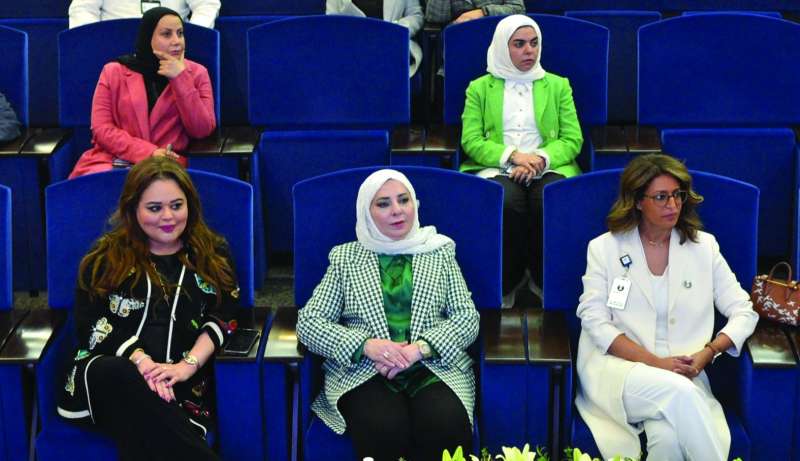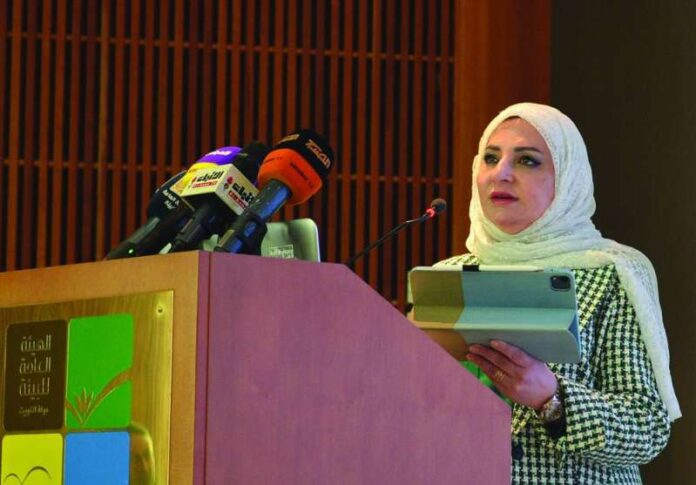Acting Director General of the Environment Public Authority, Engineer Samira Al-Kandari, confirmed that the continued prosperity and security of our country, present and future, depends on combating corruption, which is a societal responsibility in which all members of society and its institutions participate.
Al-Kandari said this during the opening of the workshop organized by the Authority yesterday, to introduce the Public Authority for Anti-Corruption, “Nazaha,” and the most important relevant laws, as part of the steps to activate aspects of joint cooperation between the two bodies, through training programs and workshops to enhance the values of integrity, transparency, and exchange of experiences, reports Al-Rai daily.
Al-Kandari said the EPA is an integral part of the institutional work system in the country, and one of its most important goals is to contribute to creating an environment supportive of sustainable development, so it works to coordinate efforts between the two parties for further cooperation, by intensifying courses and activities to support and develop capabilities, which contributes to Solving the problems that the Authority may face, improving performance, as well as coordinating awareness efforts, introducing issues related to corruption, and determining responsibility for all groups working in the Authority, “for we are all responsible from our position.”
She pointed to the cooperation efforts with “Nazaha” not only in the areas of awareness of the dangers of corruption, but in working to prevent it, and this can only be done by activating follow-up and control tools, in cooperation with the departments executing the work, and taking their guidance, in order to achieve the optimal exploitation of resources, to ensure the achievement of Principles of integrity and transparency, which reflects the honorable image of the work completed, services, and sound procedures.

Fajr Al-Roumi, Director of the Inspection and Audit Office at Nazaha, spoke about “activating the role of oversight and inspection in government agencies,” noting “internal audit, how to conduct it, its conditions and objectives, and its role in enhancing integrity and transparency, and working to combat corruption, ward off its dangers, and achieve the principles of Governance that aims to reform and develop the administrative apparatus.”
She referred to the Council of Ministers’ decision to establish audit and inspection offices in all state agencies and their jurisdictions, carry out financial and administrative audit work, and commit to implementing their executive regulations.
Senior Law Specialist at “Integrity,” Dalal Ghazanfari, gave a visual presentation on the Anti-Corruption Law and the crimes that fall under the name of corruption, such as assault on public funds, tax evasion, the crime of bribery, customs evasion, financing terrorism, exploitation of influence, forgery, and illicit gain.
She said that “the possibility of harm from corruption operations does not affect the person who carried out the work, but rather on all members of society,” considering that “the phenomenon of cheating in exams is the greatest calamity and the focus of corruption.”

















